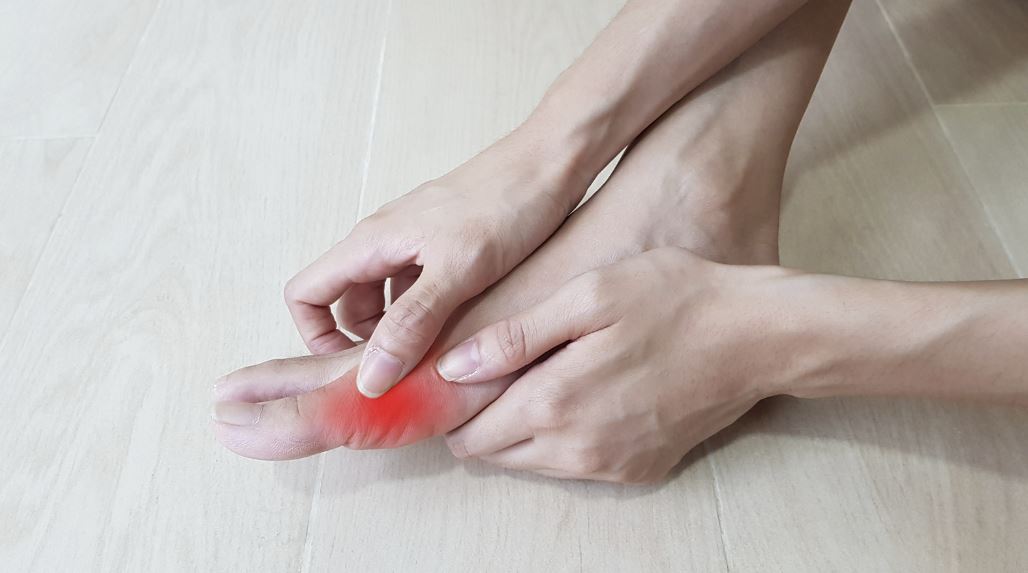Arthritis is a general term for a range of conditions that affect the joints, surrounding tissues and other connective tissues. Osteoarthritis and rheumatoid arthritis are the two most common types of arthritis, and each has a different cause.
Osteoarthritis is the most common type of arthritis in the UK. It is caused by wear and tear to the cartilage in the joints. Cartilage protects the ends of the bones and prevents them from causing friction when you move. However, when the cartilage wears away, the bone will grind directly on top of another bone — causing pain and stiffness in the joints.
Wear and tear damage can occur over time, so osteoarthritis is more common in the elderly, but it may be accelerated by injury or other joint-related conditions.
Rheumatoid arthritis is another common type of arthritis (though less common than osteoarthritis). It is caused by the immune system attacking the lining of the joints (synovium). This then becomes swollen and destroys the cartilage and bone over time. Multiple joints can be affected at the same time, and people with rheumatoid arthritis can develop problems with other parts of the body too.
